2024 Fall Workshop Wednesday Sessions
October 30, 2024 | 12:00 PM - 5:00 PM CT
Session 1A | Session 1B | Session 2A | Session 2B | Session 3A
Session 3B | Session 4A | Session 4B | Session 5A | Session 5B
12:00 PM - 12:50 PM CT
Session 1A: It's a Bit More Complicated...Shining Light on Budgeting and Funding
Description
Join us for a compelling discussion on the complexities associated with health and medical organizations and what makes their processes require some extra attention. Tru Consulting will moderate alongside three expert panelists from VCU and Virginia Tech, representing schools of medicine, schools of veterinary studies, as well as health sciences centers. Each panelist will share what makes their organization unique and the challenges they face when building a comprehensive budget or modeling our funding sources into the future. Not quite an academic department, and not quite a separate entity, these organizations require multiple perspectives and differing requirements around metrics and reporting for both internal and external stakeholders.
Learning Objectives
- Central budget officers can learn more about what makes these organizations special and unique
- Understand the impacts of funding decisions and outcomes when planning for positions, grants, commitments, etc.
- Better articulate the typical structure of these organizations and the various areas of impact across your campus
Speakers
 Justin Martin, Managing Partner and Chief Growth Officer, Tru Consulting Justin Martin, Managing Partner and Chief Growth Officer, Tru Consulting
Justin Martin is a Managing Partner and Chief Growth Officer at Tru Consulting. At his core, Justin is a problem solver with a passion for connecting people to solutions that enhance their processes and efficiencies. He enjoys addressing pain points with best practices and finding opportunities to support clients with both tactical and strategic outcomes. Prior to joining Tru Consulting, Justin focused on addressing various planning processes through technology and software, both directly within implementation teams as well as indirectly through product development and thought leadership. His experience covers far beyond core budgeting and planning, including forecasting, long-range planning, capital, grants and commitments planning. Before working in software, his career began at Boston University, serving in a variety of roles including capital and space planning, operations management and school-level budgeting and position planning. Justin holds an M.B.A. with concentrations in Strategy and Finance, as well as a B.S. in Biomedical Engineering, both from Boston University.
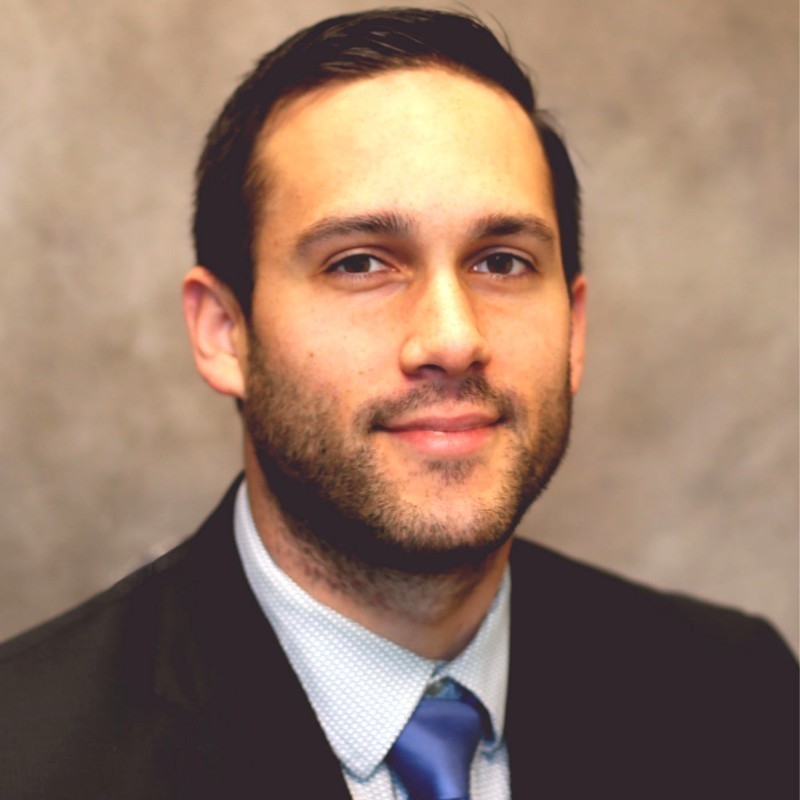 Marc Aiello, Executive Director of Budget and Finance, Virginia Commonwealth University Health Sciences Marc Aiello, Executive Director of Budget and Finance, Virginia Commonwealth University Health Sciences
Marc serves as the Executive Director of Budgeting and Finance at VCU Health Sciences, where he oversees the broader health organization including the VCU School of Medicine.
Kelly McKay, Director, Budget and Financial Strategy
Kelly serves as the Director of Budget and Financial Strategy at VCU Massey Comprehensive Cancer Center, where she oversees the annual budget, multi-year planning and funding strategy for the Center.
 Mela Fezzey, Managing Partner, Anaplan Higher Education, Tru Consulting Mela Fezzey, Managing Partner, Anaplan Higher Education, Tru Consulting
Mela Fezzey is a Managing Partner and CEO with at TruEd Consulting. As a higher education leader with over 30 years’ experience, Mela is passionate about connecting higher education professionals to solutions that help provide clarity to complex issues to operationalize strategic decisions. She enjoys partnering with clients to incorporate proven methods and best practices into their strategic and financial management processes to consistently achieve their goals.
At TruEd, she is focused on delivering excellence throughout the implementation process by
connecting data, people, and plans that are tailored to the needs of the organization. She
develops valuable client relationships and works collaboratively with clients at all levels in
implementing solutions that empower leaders to analyze results, model the future, and
optimize organizational decision making.
Prior to joining TruEd, Ms. Fezzey held a variety of finance and human resources positions during
23 years with the University of California, Riverside (UCR). Most recently, she was the founding
Executive Director of Finance and Business Operations in the UCR School of Medicine. She
provided leadership in the development, oversight, and administration of the medical school and
Health Science’s clinical and academic financial operations including budgeting, financial
modeling and analysis, Academic Affairs and HR, payroll, clinical faculty compensation plan,
revenue planning, sponsored projects, and business operations including procurement, accounts
payables, accounts receivables and clinical collections and billing. While at UCR, Ms. Fezzey
managed an $100M+ annual operating budget and participated in multiple financial and human
resources software implementation projects.
Ms. Fezzey holds an M.A. in Business Management from the University of Redlands and a B.A. in Public Administration from San Diego State University.
12:00 PM - 12:50 PM CT
Session 1B: Construction Contract Controls and Best Practices for Higher Education Projects
Description
Construction projects represent some of the largest expenditures for higher education institutions, often ranging well into the hundreds of millions of dollars. Regardless of project size, stakeholders are very interested in understanding project and financial progress and ensuring that cost overruns, schedule delays, and other adverse impacts are minimized. Learn more about construction contract controls and auditing best practices for monitoring and oversight of major capital programs. We'll explore key challenges and risk mitigation strategies for efficient construction project management, while helping reduce noncompliant, excessive, and unsupported costs.
Learning Objectives
- Discuss common construction contract types, their benefits, and limitations
- Identify key construction risks and common exposures to assist in performing a construction risk assessment
- Identify primary construction cost components and useful tips and best practices for monitoring construction cost
Speakers
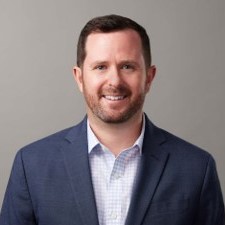 Stephen Bacchetti, Consulting Partner, Moss Adams Stephen Bacchetti, Consulting Partner, Moss Adams
Steve focuses on construction and performance audits for construction projects and capital improvement programs.Steve works closely with universities, K–14 school bond programs, hospitals, Tribes and casinos, and federal contractors on construction and capital improvement projects, where project costs range from millions to billions of dollars. His experience includes planning, managing, and delivering advisory services, resulting in significant cost savings and control and reporting improvements.In addition to his construction auditing and internal controls experience, Steve has a background in International Financial Reporting Standards (IFRS) in the transportation industry.
1:00 PM - 1:50 PM CT
Session 2A: Skeletons in the Closet: Hidden Areas of Risk in Higher Education
Description
In the complex landscape of higher education finance, unseen risks can have significant impacts on institutional stability and success. Join us for an insightful session where we uncover the hidden areas of financial risk that can threaten the health of your institution. Learn why flexibility in forecasting and scenario analysis is important in reducing risk and understand what the credit reporting agencies expect to see when conducting their evaluations. This session will equip you with the knowledge and tools to identify and mitigate these hidden threats. Don't miss this opportunity to learn how to protect your institution from what you don't know that can hurt you.
Learning Objectives
- Understand how to identify hidden financial risk in an institution.
- Apply best practices and strategies to mitigate financial risk.
- Learn what credit agencies look for when assessing for risk.
Speakers
 Marc Pitcher, Director of Sales, Synario Marc Pitcher, Director of Sales, Synario
Marc Pitcher joined PFM with over 20 years of sales and business leadership experience and is in our Philadelphia office where he manages all sales and business development efforts for Synario.Prior to joining Synario, Marc worked as a technology sales leader managing teams and providing SaaS and hardware products and services. He has experience working within a variety of business verticals, including financial services, Internet of Things (IoT), Transportation and Research. Marc has also been an entrepreneur and co-founded several companies, including a Web 1.0 streaming media company and a FinTech company.
 Karen Kedem, Director, PFM Financial Advisors Karen Kedem, Director, PFM Financial Advisors
Karen Kedem is a director in PFM’s Higher Education Group. She has two decades of capital markets experience including investment banking, rating strategy, and credit analysis. Karen comes to PFM from J.P. Morgan, where she served as a Vice President on the Higher Education and Not-for-Profit Investment Banking Team. Prior to J.P. Morgan, Karen was a senior credit officer at Moody's Investors Service in New York, where she led bond and credit ratings for higher education and not-for-profit organizations. Karen is a recognized industry expert frequently called upon by senior leadership, media, and conference organizers. During her career, she was regularly interviewed by premier media outlets such as The New York Times, Bloomberg News, The Wall Street Journal, Chronicle of Higher Education, and National Public Radio. She authored industry leading research and rating methodologies. Karen presented at numerous industry conferences such as the Treasury Symposium, National Association of College and University Business Officers, National Council of Independent Colleges and Universities, as well as the P3 Higher Education Summit.
1:00 PM - 1:50 PM CT
Session 2B: The Haunted Data Mansion: Unveiling Financial Storytelling with AI
Description
In today's rapidly evolving HE landscape, the ability to harness data effectively is akin to unlocking the secrets of a haunted mansion. This session explores the transformative power of financial data and AI in decision-making processes across HE. As a former CFO, Carol Kissal recognized early on that financial clarity is crucial for informed decision-making and influencing outcomes. We will delve into the broader interpretation of financial data - not merely as an accounting tool but as a key to strategic growth, student success, and operational efficiency. We will examine decision-making at personal, local, institution and system levels, highlighting how data-driven insights should permeate all activities we perform. We will also address the challenges and opportunities presented by the modern data landscape, stressing the importance of accurate data sourcing and the integration of financial and operational data for better outcomes. We will conclude with a forward-looking perspective on the role of Generative AI in transforming data management and decision-making, preparing attendees for the future of financial storytelling. Join us as we navigate the eerie corridors of data, uncovering the stories that drive impactful decisions.
Learning Objectives
- Learn strategies for leveraging financial data to align decisions with institutional missions and policies.
- Understand the value of storytelling.
- Understand the potential impacts of generative AI in transforming data management and decision-making.
Speakers
Carol Kissal, Accenture Higher Education Industry Luminary, Accenture
Carol Kissal, an Accenture Industry Luminary, has a track record of excellence in driving administrative, financial, and operational change in higher education and public service organizations. Most recently, she served as senior vice president of administration and finance at George Mason University. Prior to that, she was vice president of finance and CFO at Emory University. Before focusing on higher education, Carol was deputy general manager for administration and CFO for the Washington Metropolitan Transit Authority.
2:00 PM - 2:50 PM CT
Session 3A: Why Finance Needs to Get More Involved with NIL and Revenue Sharing
Description
Finance departments need to control Name, Image, and Likeness (NIL) activities at universities for several critical reasons: 1. Compliance and Regulation: NIL deals must adhere to state laws, NCAA regulations, and institutional policies. The finance department ensures all NIL activities are conducted within these legal frameworks to avoid penalties and sanctions, 2. Financial Oversight: Proper financial oversight ensures that all financial transactions related to NIL activities are accurately recorded and transparent. This helps in maintaining accountability and preventing financial misconduct or fraud, 3. Budget Management: Managing NIL-related revenues and expenditures helps in accurate budgeting and financial planning, ensuring that funds are allocated appropriately and used effectively, 4. Equity and Fairness, 5. Manage Risks: Effective control over NIL activities allows the finance department to identify potential financial and legal risks and implement strategies to mitigate them, thereby protecting the university and its student-athletes.
Learning Objectives
- What the new NCAA settlement means.
- The risks with NIL and revenue sharing.
- Finance's role and why they should step up.
Speakers
 Andrew Stout, Enterprise Account Executive, Anaplan Andrew Stout, Enterprise Account Executive, Anaplan
Andrew Stout is a former college athlete who works with various universities to streamline financial planning processes and automate data analytics. Local to Texas, he leads Anaplan's higher education team for the Lone Star State. With over ten years of public sector experience, Andrew assists with modernizing outdated workflows and systems to meet new demands and build great resilience.
2:00 PM - 2:50 PM CT
Session 3B: End-to-End Ellucian Banner Automation: Leveraging Enterprise Performance Management
Description
Join us for an in-depth session on how our clients have transformed its administrative processes through the comprehensive automation of Ellucian Banner using Axiom, an advanced Enterprise Performance Management (EPM) solution. This session will cover the strategic implementation, integration from and to Banner including updating people salaries and distribution, and operational benefits of automating Banner workflows to streamline student information management, financial operations, and human resources.
Learning Objectives
- Best Practices: Hear about best practices and lessons learned from customer journey, including overcoming common challenges and achieving stakeholder buy-in.
- Operational Efficiency: Discover how automation has improved operational efficiency, reduced manual errors, and enhanced data accuracy across departments.
- Performance Management: Gain insights into how the AXIOM EPM solution supports continuous monitoring, reporting, and optimization of automated processes.
Speakers
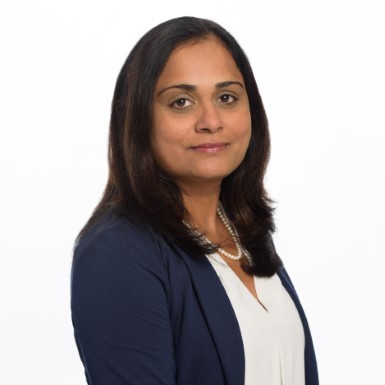 Disha Venkatesan, VP Sales, Higher Education, Strata Decision Technologies Disha Venkatesan, VP Sales, Higher Education, Strata Decision Technologies
Disha Venkatesan is an influential leader in the realm of higher education financial strategy and planning. With a notable tenure as Vice President of Higher Education Practice at Kaufman Hall and over five years at Syntellis, she has excelled in driving revenue growth and optimizing resource allocation in higher ed. Her dedication to equipping universities for future challenges is reflected in her development and implementation of advanced budgeting and strategic planning tools, benefiting over 100 institutions. Disha's rich educational background includes a Master of Public Policy from the University of Virginia, an MBA from the University of Connecticut School of Business, and executive education from the Kellogg School of Management at Northwestern University. Her innovative problem-solving and leadership skills have markedly enhanced operational efficiency and financial outcomes across universities.
3:00 PM - 3:50 PM CT
Session 4A: Integrating Financial Models: Auburn University's Journey to Data-Driven Decision Making
Description
Auburn University's presentation highlights their transformation of financial planning and management processes. They successfully integrated finance, budget, workforce, capital, debt, and financial aid models by aligning data from multiple sources. The discussion covers Auburn's approach to data integration, creating a comprehensive model incorporating financial, budget, capital, and student-level information. Strategies for combining diverse data sources and ensuring integrity are shared.Cross-functional collaboration is emphasized, showcasing efforts to bridge gaps between departments and foster data-driven decision-making. Auburn's success in overcoming organizational silos to improve university-wide planning and forecasting is explored. Auburn's project journey is outlined, including initial challenges, motivations, and implementation process. Change management strategies, realized benefits, and future plans are covered, providing a comprehensive view of the project's impact.This case study offers valuable insights for institutions aiming to enhance financial planning and management through data integration and cross-functional collaboration.
Learning Objectives
- Attendees will be able to identify key strategies for fostering cross-functional collaboration and overcoming organizational silos to improve university-wide planning and forecasting.
- Participants will be able to explain the process of implementing and leveraging interconnected planning models for finance, budget, workforce, capital, debt, and financial aid, including their functions, applications, and methods for communicating results to stakeholders.
- By the end of the presentation, participants will be able to describe how the presenting university was able to integrate and align data from multiple sources across the institution, including strategies for creating a common data model and ensuring data integrity.
Speakers
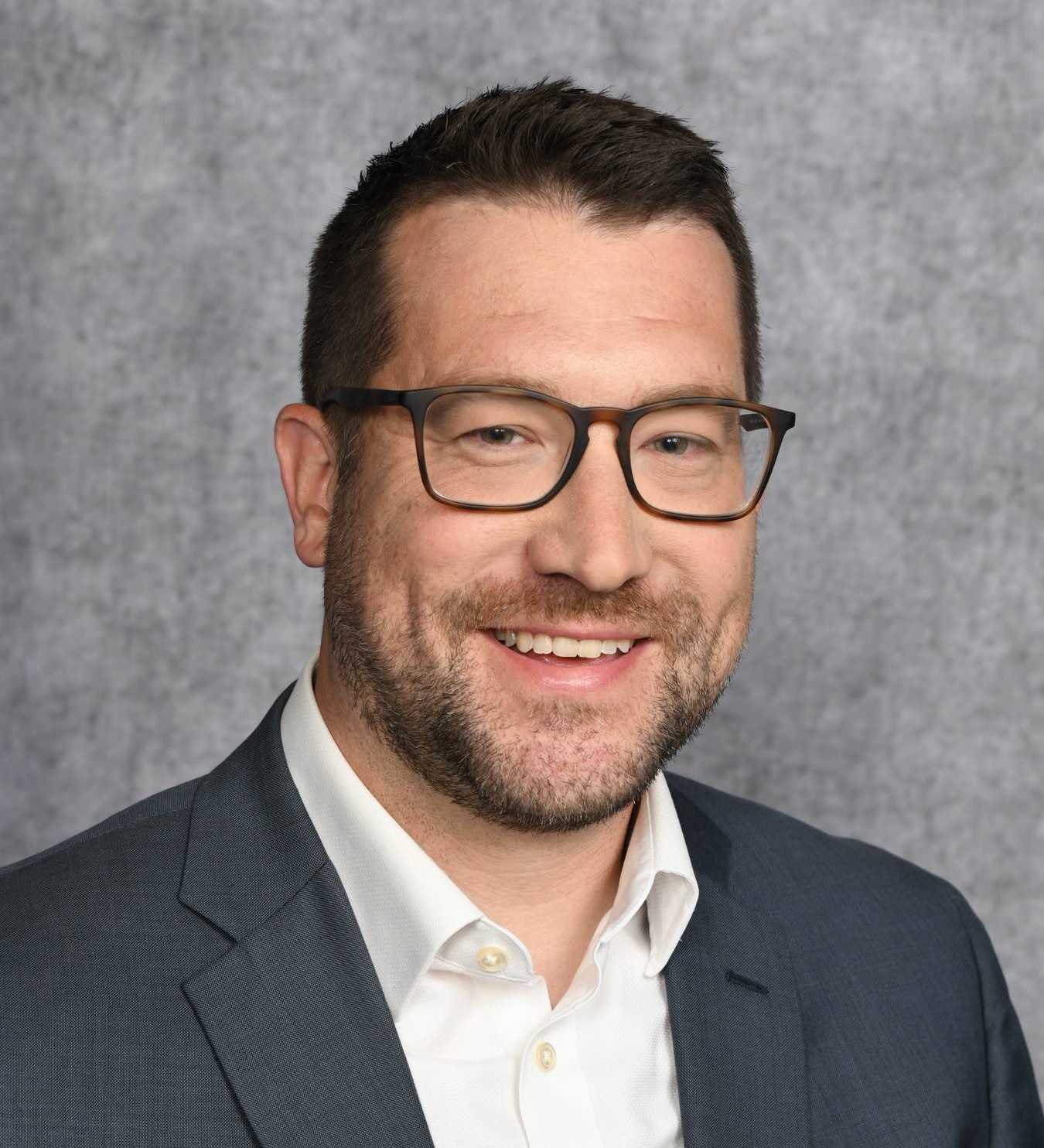 Russ Owen, Director, Spaulding Ridge Russ Owen, Director, Spaulding Ridge
Before transitioning to consulting, Russ had over a decade of experience in higher education and public sector leadership, including Executive Director of Finance and Budget for a private University and serving as Mayor of his hometown. His responsibilities have included all aspects of annual revenue and expense budgeting, long range planning, capital planning, and executive reporting in a multi-campus environment. As Mayor, he also provided executive leadership for a team of 300 employees in a community of 30,000 citizens.He now has nearly a decade of consulting experience focused in higher education, working with institutions of all sizes on annual budgeting, long-range planning and many other use cases.Russ was recognized in 2022 as the Young Government Officer of the Year.
 Bryan Elmore, AVP, Budgets & Business Operations, Auburn University Bryan Elmore, AVP, Budgets & Business Operations, Auburn University
Bryan Elmore is currently the AVP for Budgets and Business Operations at Auburn University. He began working at Auburn in 2005 as an Accountant in Budget Services before moving into the role of Assistant Director and eventually Director. As the AVP, Bryan has oversight of the university's financial planning process, the strategic budget model, annual budget development, and all management reporting functions. He is a frequent presenter at various NACUBO and SACUBO events on the topics of Responsibility Center Management and long-term financial planning. Prior to working at Auburn, he was an Associate with Jackson Thornton, & Co. P.C. serving as an external auditor for not-for-profits and financial institutions. Mr. Elmore holds a B.S. in Accounting and a M.Ed. in Higher Education Administration, both from Auburn University and is a Certified Public Accountant in the State of Alabama.
3:00 PM - 3:50 PM CT
Session 4B: Scary Places on Campus - A Closer Look
Description
What's scarier... those dark and dangerous places that house most of your old and outdated mechanical equipment or the untimely costs to your capital budget?This participation-required workshop will outline how to make those nightmares go away by illustrating (in great detail) a step-by-step financial solution. You've probably heard about "savings" to help funding infrastructure needs on campus, but what makes this workshop helpful is to show in detail how this process actually works. Further, Path Company will showcase new software to help predict when the nightmares will occur, so you are better prepared.
Learning Objectives
- Understanding where to find funding resources.
- Learning how to leverage various buckets of capital (Utility/Energy/O&M/Grants).
- Soup to Nuts understanding of "I have a need with limited capital to how to fund it"
Speakers
 Ryan Ball, Vice President, Path Company, LLC Ryan Ball, Vice President, Path Company, LLC
Ryan Ball serves as Path’s Vice President for Business Development. Ryan works with various clients in Higher Education, State Agency, Local Government, and k-12, focusing on building performance, energy generation/distribution, safety/security, sustainability goals, and new construction. Explore creative funding solutions such as P3 (Public Private Partnership), "off-books" financing, Contingent payment, and Energy as a Service (EaaS) to fund a variety of on-campus needs.Ryan has over 15 years of direct higher education experience in various executive positions from Vice President to Campus President throughout Tennessee, Texas, Georgia, Kansas, Missouri, and Wisconsin. Ryan also serves on the Tennessee Board of Regents’ Foundation for the College System of Tennessee – Finance Committee.
4:00 PM - 4:50 PM CT
Session 5A: GASB Update: Current and on the Horizon
Description
Join us for an Annual GASB Update. This session offers the latest technical guidance and an in-depth look at the status of GASB's current projects.
Learning Objectives
- Explain newly effective and recently issued GASB Statements.
- Understand GASB's current projects.
- Apply the new standards to your institution.
Speakers
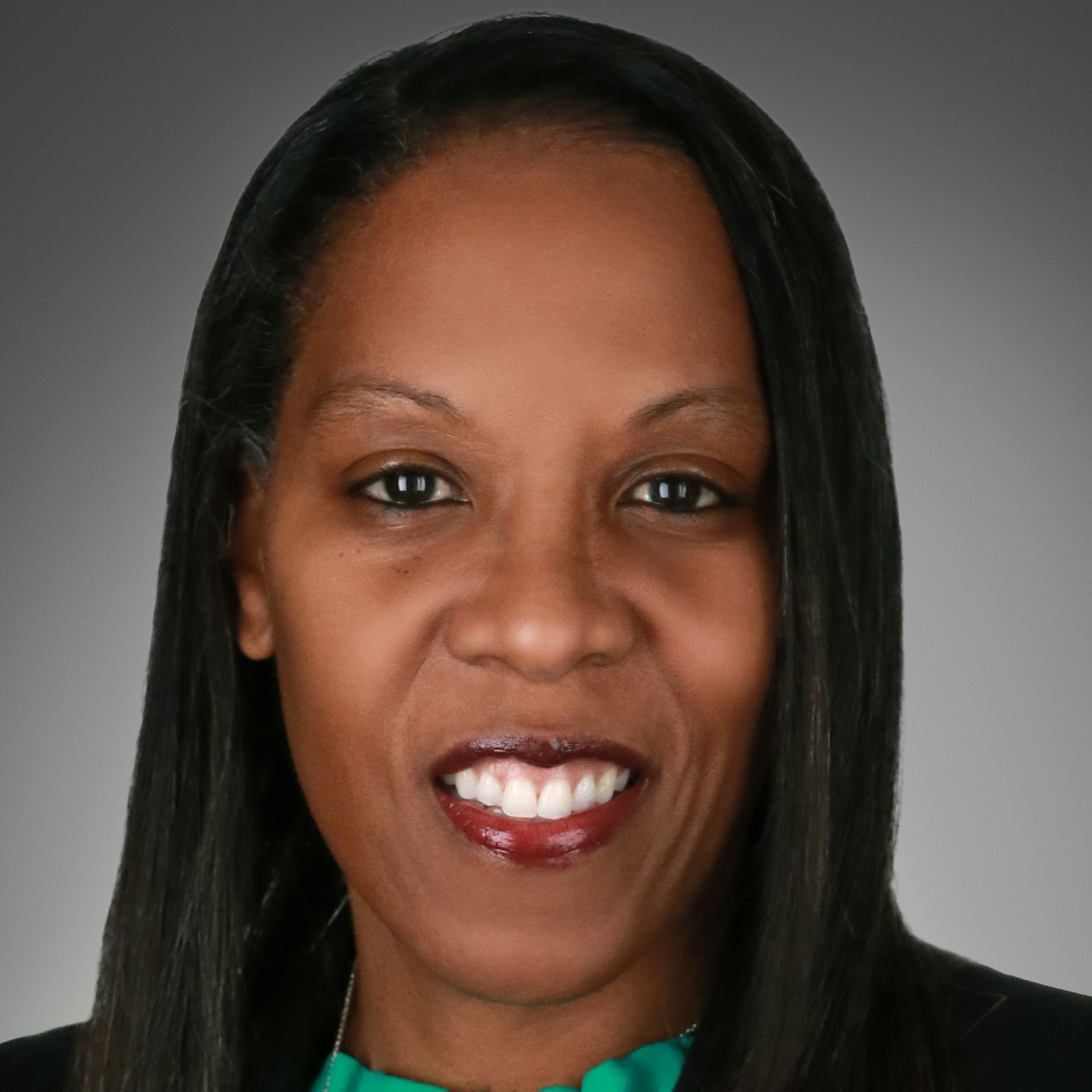 Angie Dunlap, Partner, Forvis Mazars, LLP Angie Dunlap, Partner, Forvis Mazars, LLP
Angie is member of Forvis Mazars’ National Nonprofit, Education, Public Sector Group. Angie has over 30 years of auditing experience. She is the Houston Office Market Industry Leader and is a member of the Firm’s Public Sector Center of Excellence. She regularly provides financial statement audit services to a variety of government, higher education, and not-for-profit organizations. She has a detailed understanding of the requirements associated with governmental accounting, Single Audits, retirement plans and NCAA agreed upon procedures. She is responsible for overseeing the delivery of efficient and effective audits, assisting clients with audit and financial reporting issues, as well as assisting clients with internal control and process improvement projects.
She has been a speaker at Government Finance Officers Association of Texas (GFOAT) and American Institute of CPAs (AICPA) annual industry conferences, as well as not-for-profit and governmental accounting conferences sponsored by state CPA societies. She has led training sessions on governmental and nonprofit topics for clients and other organizations.
Her professional affiliations include membership in the Government Finance Officers Association (GFOA), GFOAT, AICPA and Texas Society of CPAs (TXCPA). She is a member of TXCPA’s Governmental Accounting and Single Audit Conference Committee. She is a licensed CPA in Texas.
She is a graduate of Baylor University, Waco, Texas, with a B.B.A. degree in accounting and a graduate of the University of Dallas, Texas, with an M.B.A. degree.
4:00 PM - 4:50 PM CT
Session 5B: FASB A&A Update
Description
This session will provide an update on recent accounting pronouncements, exposure drafts and project agenda impacting not-for-profit institutions of education that report under FASB standards.
Learning Objectives
- Recognize recently issued ASUs and exposure drafts that have a direct impact on not-for-profit institutions
- Describe changes that impact elements of financial reporting
- List and describe current FASB projects
Speakers
 Matthew Socha, Partner, Cherry Bekaert Matthew Socha, Partner, Cherry Bekaert
As Leader of Cherry Bekaert's Not-for-Profit Industry Practice, Matthew provides audit, assurance, and advisory services to private and public colleges and universities, community and technical colleges, independent schools, foundations, religious organizations, associations, health and human service organization and other charitable organizations. Clients depend on Matthew for timely, practical guidance on many technical accounting and compliance issues, such as implementation of new standards, compliance with federal and state laws and grant programs, fair value matters, endowment accounting and not-for-profit industry insights. Matthew serves organizations of all shapes and sizes, allowing him to advise clients on best practices and operating efficiencies as they continue to grow and enter new phases of maturity in their operations. Matthew is a frequent speaker on changes in audit and accounting standards that impact the not-for-profit and higher education environments. Matthew's education industry experience includes audit, assurance and advisory services for private and public colleges and universities, community and technical colleges, independent K-12 schools, educational foundation and charitable organizations. Matthew helped to develop the SACUBO benchmarking platform and is a recurring speaker at both the SACUBO Annual Meeting and Fall Workshop for the past five years.
|

 Justin Martin, Managing Partner and Chief Growth Officer, Tru Consulting
Justin Martin, Managing Partner and Chief Growth Officer, Tru Consulting Marc Aiello, Executive Director of Budget and Finance, Virginia Commonwealth University Health Sciences
Marc Aiello, Executive Director of Budget and Finance, Virginia Commonwealth University Health Sciences Mela Fezzey, Managing Partner, Anaplan Higher Education, Tru Consulting
Mela Fezzey, Managing Partner, Anaplan Higher Education, Tru Consulting Stephen Bacchetti, Consulting Partner, Moss Adams
Stephen Bacchetti, Consulting Partner, Moss Adams Marc Pitcher, Director of Sales, Synario
Marc Pitcher, Director of Sales, Synario Karen Kedem, Director, PFM Financial Advisors
Karen Kedem, Director, PFM Financial Advisors Andrew Stout, Enterprise Account Executive, Anaplan
Andrew Stout, Enterprise Account Executive, Anaplan Disha Venkatesan, VP Sales, Higher Education, Strata Decision Technologies
Disha Venkatesan, VP Sales, Higher Education, Strata Decision Technologies Russ Owen, Director, Spaulding Ridge
Russ Owen, Director, Spaulding Ridge Bryan Elmore, AVP, Budgets & Business Operations, Auburn University
Bryan Elmore, AVP, Budgets & Business Operations, Auburn University Ryan Ball, Vice President, Path Company, LLC
Ryan Ball, Vice President, Path Company, LLC Angie Dunlap, Partner, Forvis Mazars, LLP
Angie Dunlap, Partner, Forvis Mazars, LLP Matthew Socha, Partner, Cherry Bekaert
Matthew Socha, Partner, Cherry Bekaert